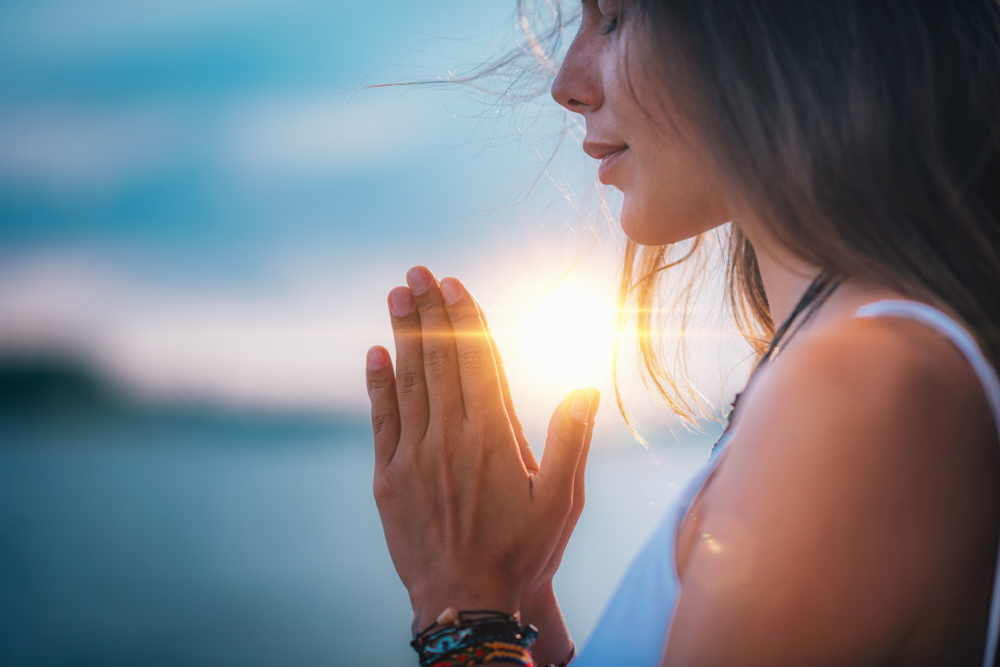
In today’s fast-paced, chaotic world, finding inner peace can seem like an elusive goal. However, the practice of mindfulness offers a pathway to cultivating a deep sense of calm and tranquility, even amidst life’s storms. By embracing mindfulness, you can unlock a transformative power that will enhance your mental well-being and help you navigate life’s challenges with greater ease and resilience.
Key Takeaways:
- Mindfulness is a powerful tool for reducing stress, anxiety, and cultivating inner peace.
- Regular mindfulness practice can improve focus, emotional regulation, and overall well-being.
- Incorporating mindfulness into daily life is simple and can have profound effects on mental health.
The Science Behind Mindfulness: How It Rewires Your Brain for Peace
Mindfulness is not merely a trendy buzzword; it is a scientifically-proven practice that can literally rewire your brain for greater peace and happiness. Studies have shown that regular mindfulness meditation can decrease activity in the amygdala, the brain’s “fear center,” while increasing activity in the prefrontal cortex, which is associated with emotional regulation and positive thinking. By training your brain through mindfulness, you can cultivate a more balanced, peaceful state of mind.
Simple Mindfulness Practices You Can Start Today
Incorporating mindfulness into your daily life doesn’t have to be complicated or time-consuming. Even a few minutes of mindfulness practice each day can yield significant benefits. Start by setting aside just five minutes to focus on your breath, observing your thoughts without judgment. As you become more comfortable with the practice, you can gradually increase the duration and explore other mindfulness techniques, such as body scans, loving-kindness meditation, and mindful movement.
Mindfulness in Action: Navigating Stress and Challenges with Grace
One of the most powerful applications of mindfulness is in navigating life’s stresses and challenges. When faced with difficult emotions or overwhelming situations, mindfulness allows you to step back and observe your thoughts and feelings with greater clarity and objectivity. By cultivating a mindful approach to life’s obstacles, you can respond with greater wisdom, resilience, and grace, rather than reacting impulsively or succumbing to negative thought patterns.
The Ripple Effect: How Mindfulness Can Transform Your Relationships
The benefits of mindfulness extend far beyond personal well-being; they can also profoundly impact relationships. By cultivating a more present, compassionate, and nonjudgmental way of being, you can foster deeper, more meaningful connections with others. Mindfulness can help you communicate more effectively, listen with greater empathy, and respond to conflicts with patience and understanding, ultimately creating more harmonious and fulfilling relationships.
Frequently Asked Questions (FAQ):
- What if I find it difficult to sit still and meditate? A: Mindfulness doesn’t always involve sitting still. You can practice mindfulness through activities like mindful walking, eating, or even doing household chores. The key is to bring your full attention to the present moment, whatever you’re doing.
- How long does it take to see the benefits of mindfulness? A: While some people may notice benefits after a single session, consistent practice is key to experiencing the full transformative effects of mindfulness. Aim to make mindfulness a daily habit, even if it’s just for a few minutes each day.
- Can mindfulness help with anxiety and depression? A: Yes, research has shown that mindfulness can be a powerful tool for managing symptoms of anxiety and depression. By helping you stay grounded in the present moment and observe your thoughts without judgment, mindfulness can reduce the power of negative thought patterns and promote greater emotional well-being.
- Is mindfulness a religious practice? A: While mindfulness has roots in Buddhist traditions, it is a secular practice that can be embraced by anyone, regardless of religious or spiritual beliefs. Mindfulness is simply a way of training the mind to be more present, aware, and compassionate.
- How can I incorporate mindfulness into a busy schedule? A: Mindfulness doesn’t require large chunks of time. You can weave mindfulness into your existing routines, such as taking a few mindful breaths while waiting in line, savoring your morning coffee with full presence, or bringing mindful awareness to your daily interactions. The key is to make mindfulness a consistent part of your life, even in small doses.
Conclusion:
In a world filled with chaos and uncertainty, mindfulness offers a powerful pathway to cultivating inner peace and resilience. By incorporating simple mindfulness practices into your daily life, you can train your brain for greater calm, clarity, and emotional well-being. As you embark on your mindfulness journey, remember that the transformative power of this practice lies not in perfection, but in consistent, compassionate effort. With each mindful moment, you are planting the seeds for a more peaceful, fulfilling life. Embrace the power of mindfulness today and unlock the serenity that awaits you.

